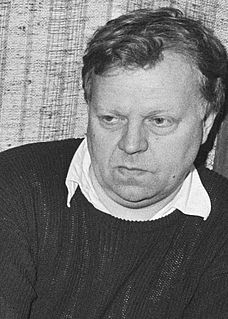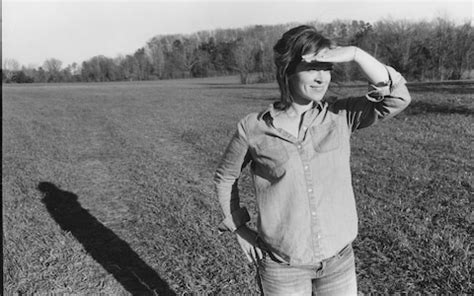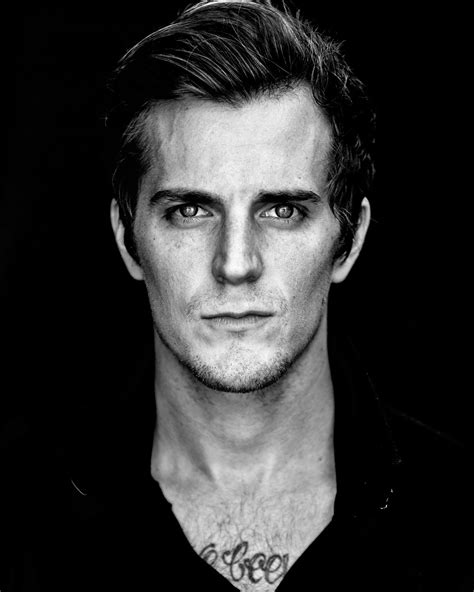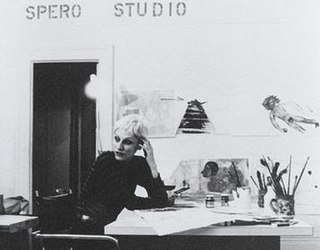A Quote by Cindy Sherman
I didn't want to make 'high' art, I had no interest in using paint, I wanted to find something that anyone could relate to without knowing about contemporary art. I wasn't thinking in terms of precious prints or archival quality; I didn't want the work to seem like a commodity.
Related Quotes
Stop thinking about art works as objects, and start thinking about them as triggers for experiences... That solves a lot of problems ... Art is something that happens, a process, not a quality, and all sorts of things can make it happen ... [W]hat makes a work of art 'good' for you is not something that is already 'inside' it, but something that happens inside you.
ART Art is that thing having to do only with itself—the product of a successful attempt to make a work of art. Unfortunately, there are no expamples of art, nor good reasons to think that it will ever exist. (Everything that has been made has been made with a purpose, teverything with an end exists outside of that thing, i.e., "I want to sell this", or "I want this to make me famous and loved", or "I want this to make me whole", or worse, "I want this to make others whole.") And yet we continue to write, paint, sculpt and compose. Is this foolish of us?
What is it about a work of art, even when it is bought and sold in the market, that makes us distinguish it from . . . pure commodities? A work of art is a gift, not a commodity. . . works of art exist simultaneously in two “economies”, a market economy and a gift economy. Only one of these is essential, however: a work of art can survive without the market, but where there is no gift, there is no art.
Ultimately, I want a peak experience in reading, and that is sometimes difficult to find in contemporary fiction. I'm not interested in books that are just clever and well executed; polish doesn't impress me, and I don't care about a merely capable sentence. Life is short; I want a confrontation with high art. I want soul.
I love knowing and learning about people around the world displaying my art online. Also, it's how I learn about new artists that are in various parts of the world. The positive thing about Tumblr and Instagram is that they're a fantastic platform for art lovers. I also like, when I search for my art and it says, "see also or related artists," and I see those other artists that relate to me, at least according to the internet. I think it's fascinating - it's interesting to see hashtags people are using in relation to my work. It's another tool of communication.
Music, and art for that matter, to me is not about true meaning to anyone else but yourself. If I told you the meaning of it all from my point of view it would erase the intimacy of art. I feel like art is up for interpretation, so if I told you my meaning, how could you truly relate it to anything that “you” personally are going through?? That is the beauty of art and music in particular
As an artist you have to find something that deeply interests you. It's not enough to make art that is about art, to look at Matisse and Picasso and say, how can I paint like them? You have to be obsessed by something that can't come out in any other way, then the other things - the skill and technique - will follow.
I guess maybe my art can be said to be a protest. I see things a certain way, and as an artist I’m privileged in that arena to protest or say publicly what I’m thinking about. Maybe the strongest work I’ve done is because it was done with indignation. Considering myself as a feminist, I don’t want my work to be a reaction to what male art might be or what art with a capital A would be. I just want it to be art. In a convoluted way, I am protesting- protesting the usual way art is looked at, being shoved into a period or category.
I think that a lot of artists have succeeded in making what I might call "curator's art." Everybody's being accepted, and I always want to say, "Really? That's what you've come for? To make art that looks a lot like somebody else's art?" If I am thinking of somebody else's art in front of your art, that's a problem.




































